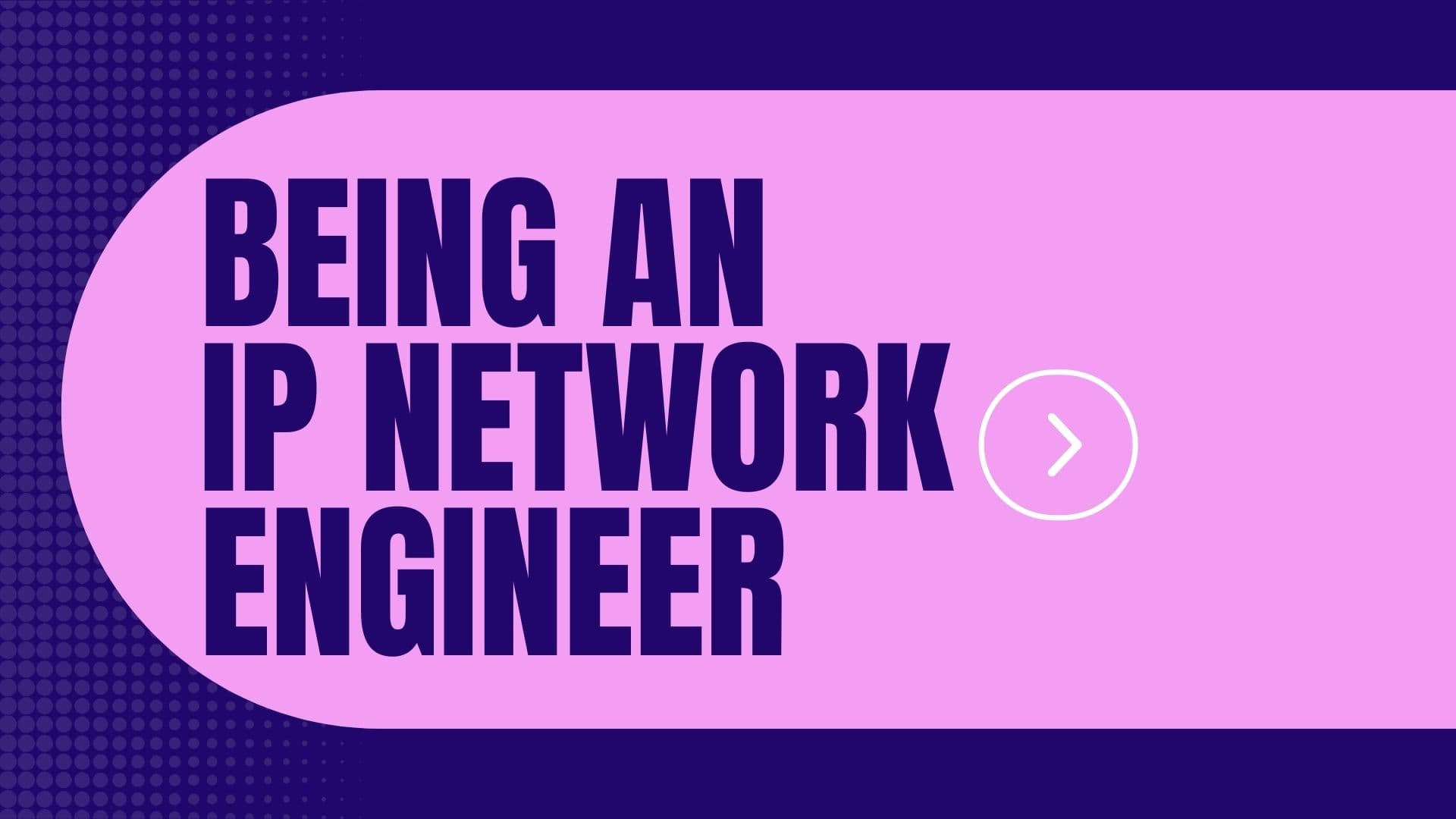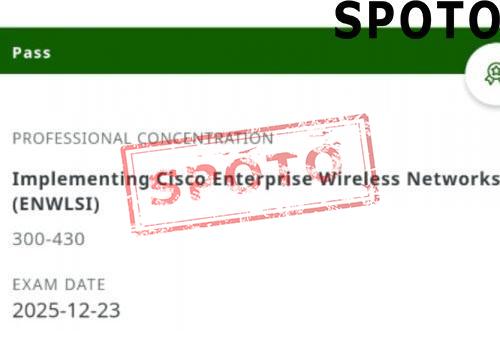
Table of Contents
1. What is an Ip Network Engineer?
IP network engineers specialize in the planning, construction, and maintenance of IP Ethernet systems within an enterprise or organization. Their duties include configuring, diagnosing and providing technical support for key network devices like routers, switches and firewalls as well as developing management tools so operations teams can receive timely technical assistance whenever required.
2. What does an Ip Network Engineer do?
The IP Network Engineer is responsible for the following work:
- Conduct research and analysis to support the evaluation and recommendation of equipment, services, vendors and emerging technologies to ensure that they can effectively meet the business needs of the enterprise.
- Regularly update and maintain documents related to the enterprise IT environment to ensure the accuracy and timeliness of information.
- Respond to various system and network failures in a timely manner, and deeply participate in the root cause analysis (RCA) of network and application problems.
- Continuously manage and maintain the LTM and ASM module configurations of BIG F5 devices, and prepare for future GTM module deployments.
- Manage the system log server to record network events and changes to provide a basis for problem troubleshooting and root cause analysis.
- Continuously maintain and manage Cisco ASA firewalls.
- Work closely with project managers and business product owners to clarify the scope of work and key parameters of new projects.
- At the system level, ensure the completeness and accuracy of all relevant documents (including conceptual documents, logical documents and physical documents).
- Participate in the planning and design of network architecture, and collaborate with the development team to jointly promote the development and implementation of new technology solutions.
3. Career Insights: Salary, Outlook & Related Roles
(1) Ip Network Engineer Salary
According to data provided by Payscale, the average annual salary for network engineers is approximately $77,226. During the recruitment process, candidates with skills related to Cisco UCCE/IPCC telephone systems are particularly favored by employers. At the same time, the Glassdoor website shows that the average annual salary for this position in the United States is $111,556. Indeed's salary statistics show that the income range of IP network engineers is relatively wide, ranging from an annual salary of approximately $52,495 for IT support positions to an annual salary of approximately $107,254 for senior network engineers. Overall, this field has good prospects for job growth in the next few years, and practitioners will still be highly competitive in the workplace.
(2) Job Outlook of Ip Network Engineer
Employment of network and computer systems administrators is projected to decline 3% from 2023 to 2033, according to the U.S. Bureau of Labor Statistics. Despite the job losses, an average of about 16,400 network and computer systems administrator job openings are expected to occur each year over the next decade. All of these openings are expected to be filled by workers who switch careers or exit the workforce (e.g., due to retirement).
(3) Similar Occupations
- Network Analyst
- Network Administrator or Specialist
- System Administrator
- Infrastructure Engineer
- Network Architect
- Network Technician
- Cybersecurity Engineer
- Technical Support Specialist
- IT Manager
4. What Are the Qualifications to Become an Ip Network Engineer?
(1) Obtain a Bachelor's Degree
Most positions require a bachelor's degree or higher. Applicants should have a degree in a related field, such as system administration, network security, and hardware. Electrical engineering and network engineering are popular choices, while computer science and information technology offer similar study opportunities.
(2) Develop professional skills
IP network engineers are technical professionals specialized in designing, creating and optimizing an organization's internal IP network. To do so successfully they must master protocols like TCP/IP, BGP and OSPF; be able to configure routers, firewalls and switches; diagnose network failures quickly; use monitoring tools like Python or Shell scripting; understand cloud network architecture as well as utilize automated scripting languages like Python and Shell; as well as be familiar with automated scripts such as Python or Shell as part of automated network monitoring solutions and comprehend cloud network architecture as part of modern IP network engineer's skillset - not only technical pillars but also instrumental forces ensuring secure operation of enterprise data communications.
(3) Earn Industry Certifications
When applying for infrastructure engineer positions, certifications can help develop key skills and knowledge necessary for success in the role. Achieve one in the IT field also shows employers you are qualified.
Earning your Cisco Certified Network Professional (CCNP) Service Provider certification demonstrates your expertise in implementing core service provider network technologies such as architecture, services, networking and automation. Succeeding can open doors to career advancement as an IP Network Engineer.










